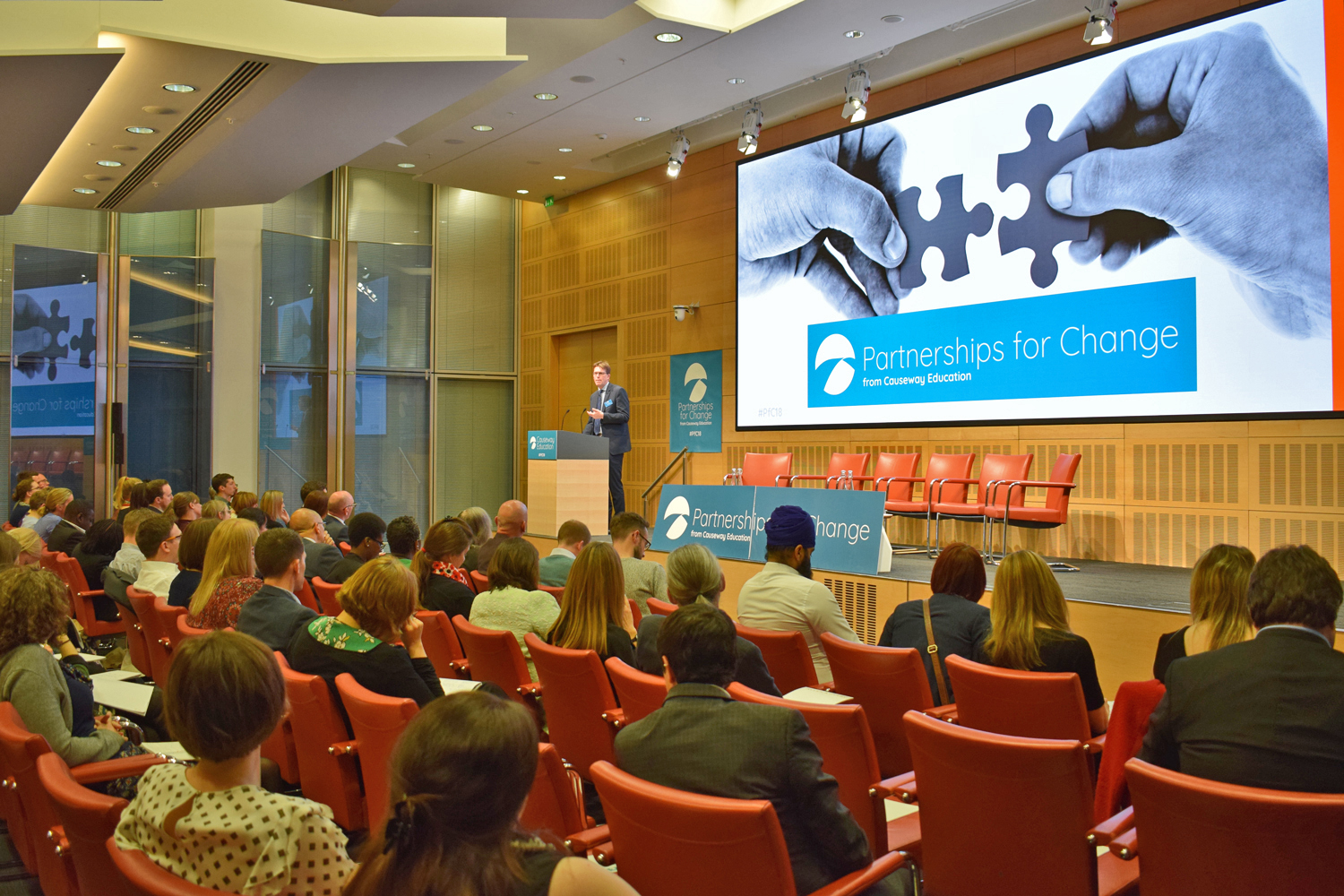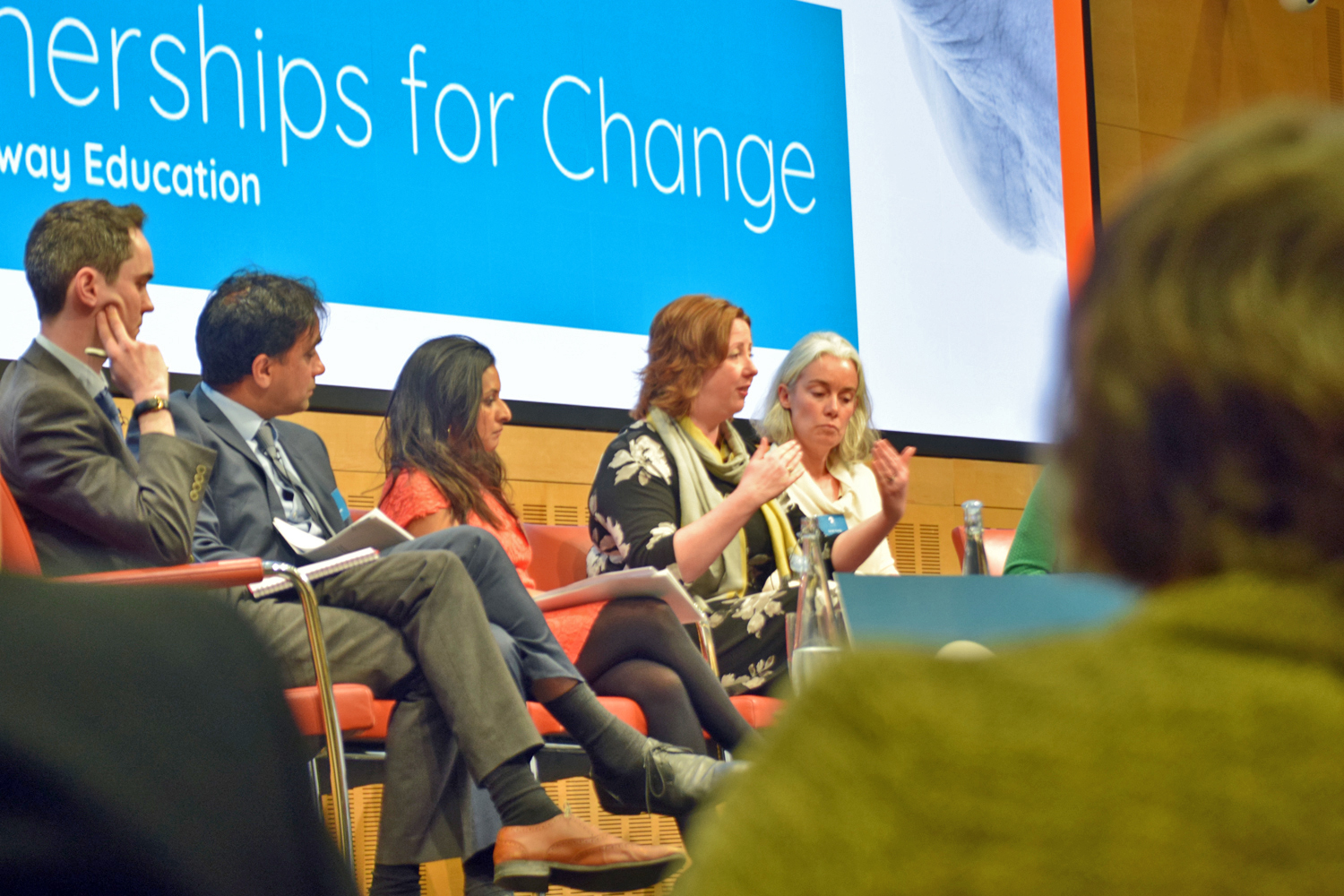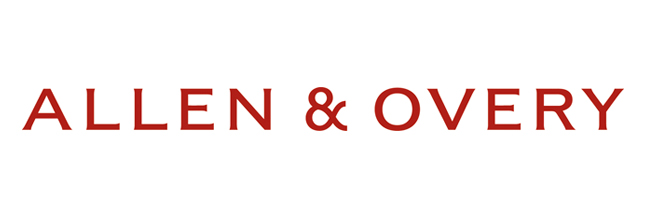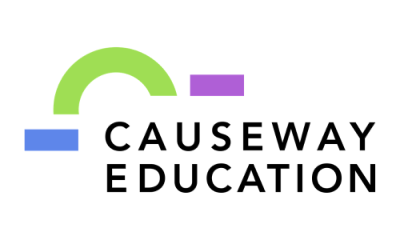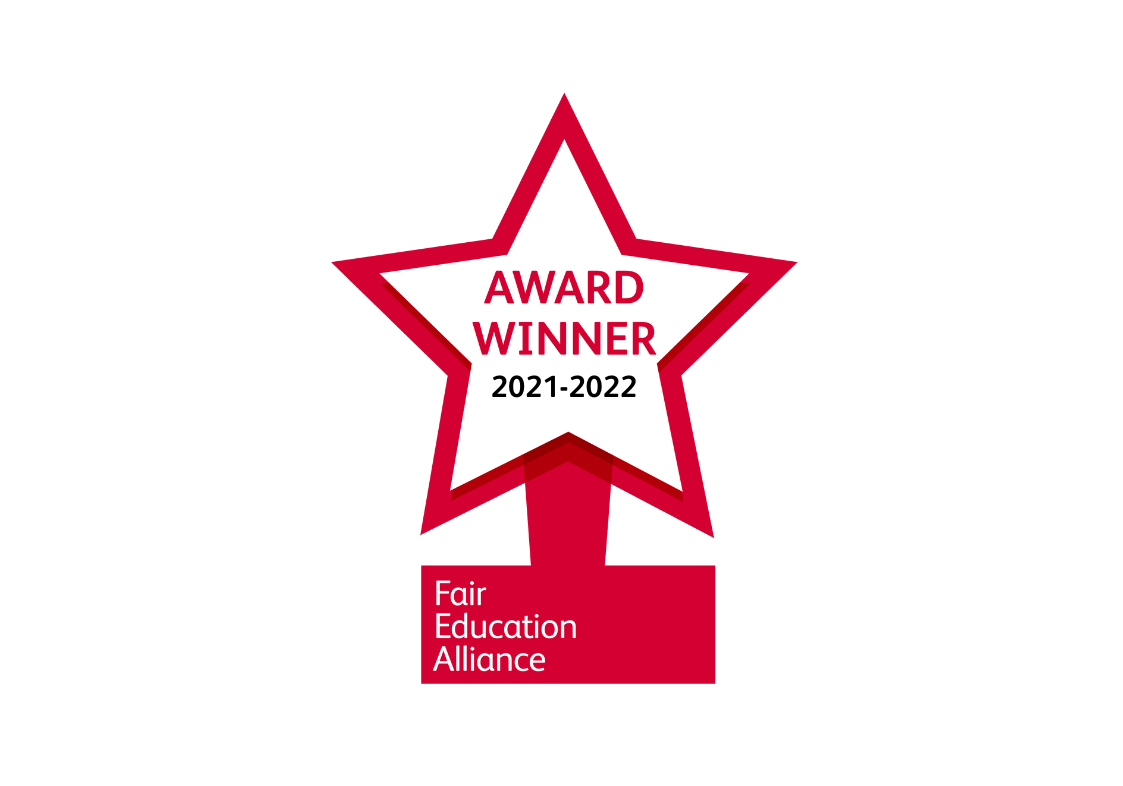Partnerships for Change: conference wrap-up
/We've just got back from our Partnerships for Change conference, and it was wonderful to see so many friends and colleagues from the Widening Participation sector for a packed day looking at how institutions can work together to ensure better outcomes for students.
A huge thank you to everybody who came along and contributed so much to the discussions on the day - we're really grateful that you could join us.
If you weren't able to make it, here's a quick run-down of some of the highlights:
You can watch each of the speeches and panel discussions from the main stage below, starting with Professor Lord Winston's keynote about how the brain learns and how important empathy is:
Our Director of Research, Dr Michael Englard, introduced the idea behind the 'wicked problem' of Widening Participation, and the work we're doing to drive systemic change in schools to improve outcomes for students. You can read more about this in Michael's blog on the TES website.
Here's Chris Millward's speech and Q & A about the marathon of Widening Participation and his priorities for the Office Students:
Here's our panel discussion about working in partnership in the field, chaired by Natalie Perera from the Education Policy Institute and featuring contributions from Femi Bola, Nikki Lane (East Coast College), Simon Pedley (Ormiston Academies Trust), Anand Shukla (Brightside) and Sarah Young (Impetus-PEF):
The afternoon started with Martin Lewis' keynote looking at the way student finance is seen by students and their families:
And finally our plenary session which rounded the day off by looking at the perspective of schools, colleges and students with contributions from Jill Eatherden, Miriam Keith, Saeed Mahmood and Bojan Stankovic:
Thanks again for everybody's contributions - it wouldn't have been the same without you!







